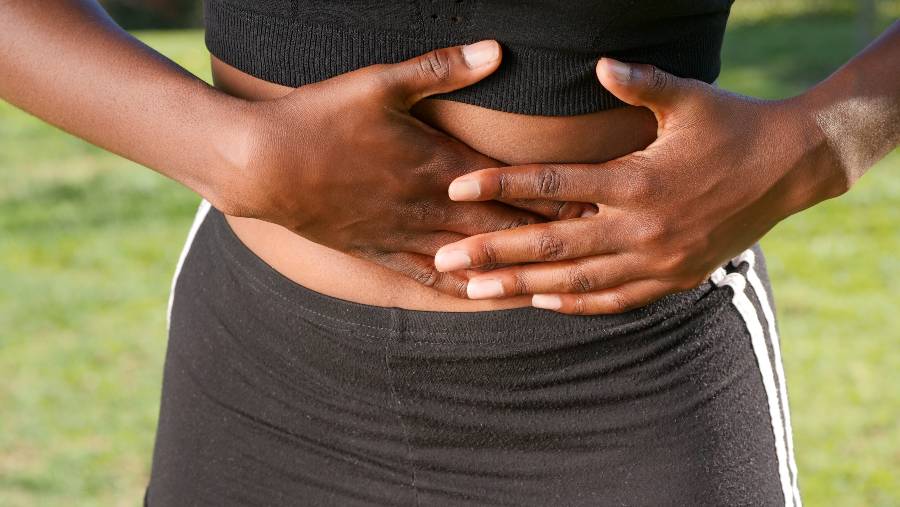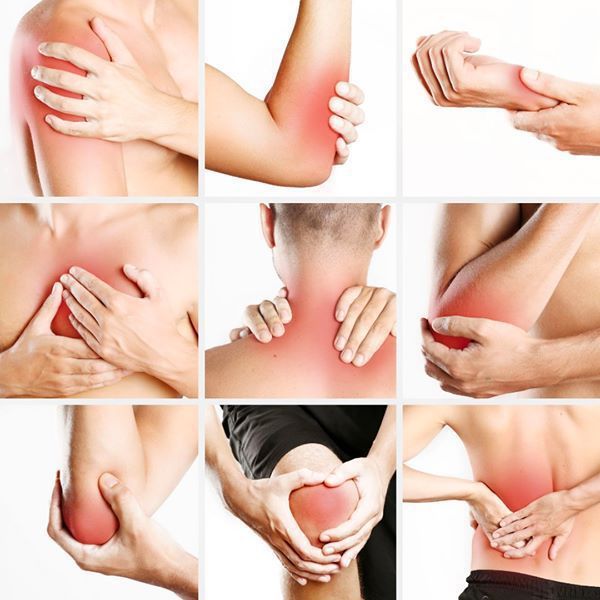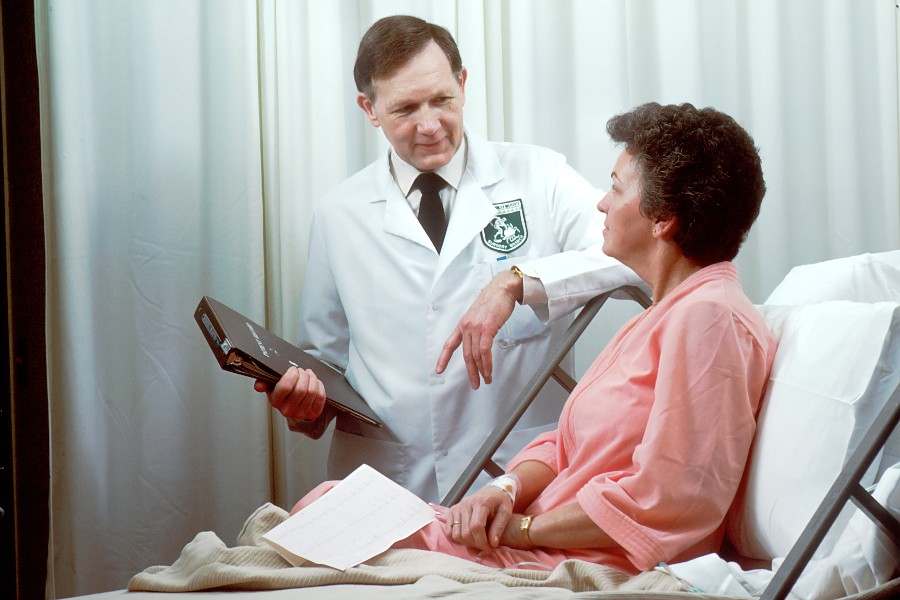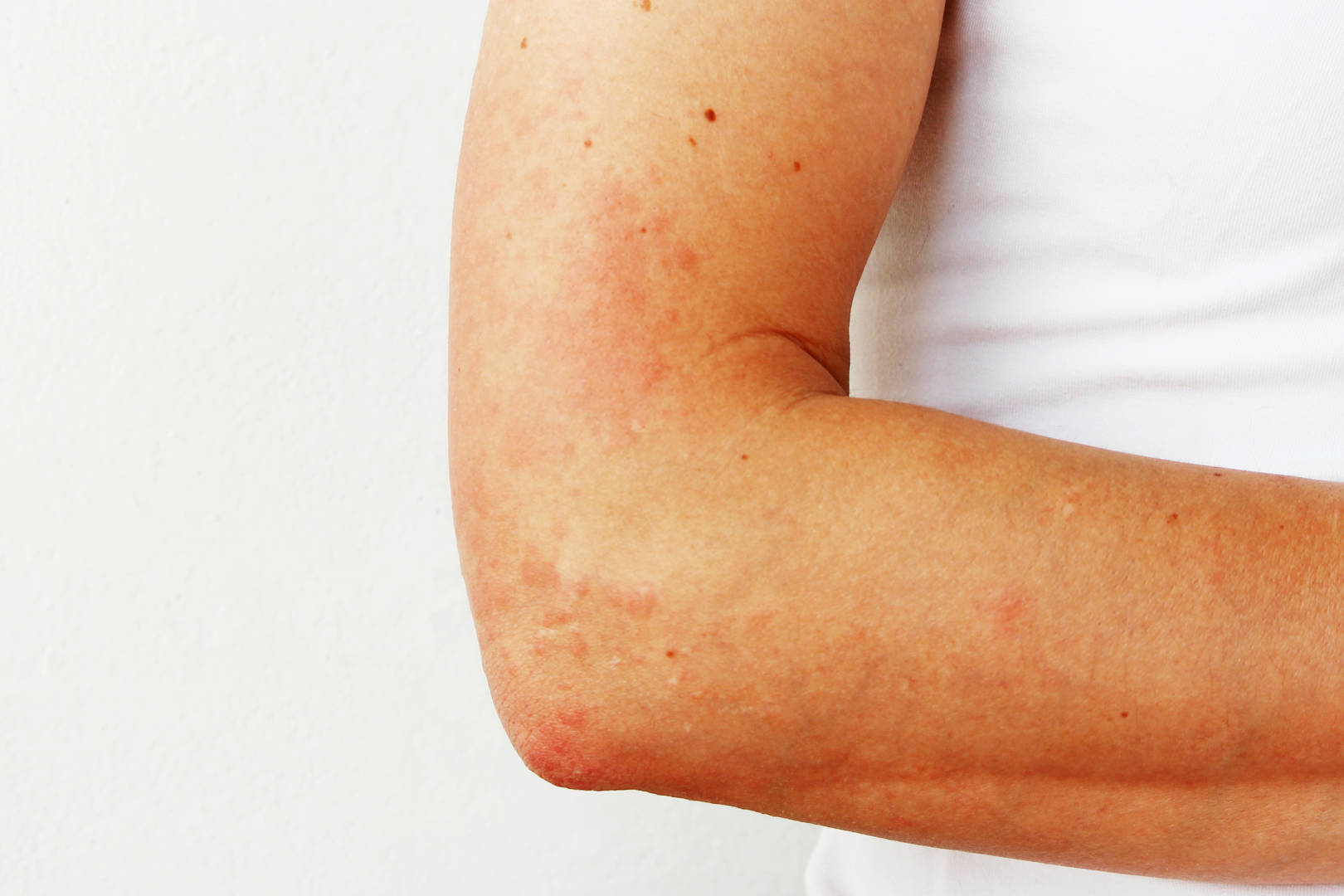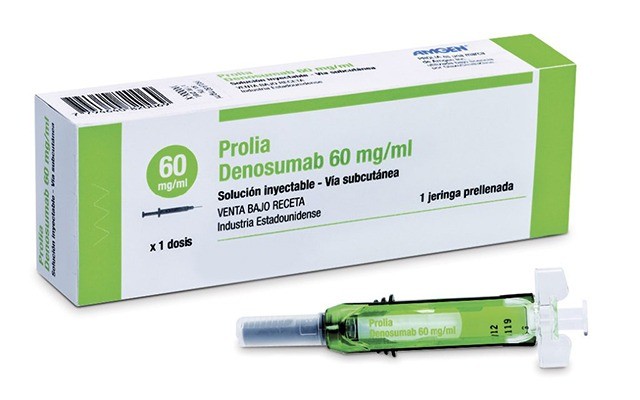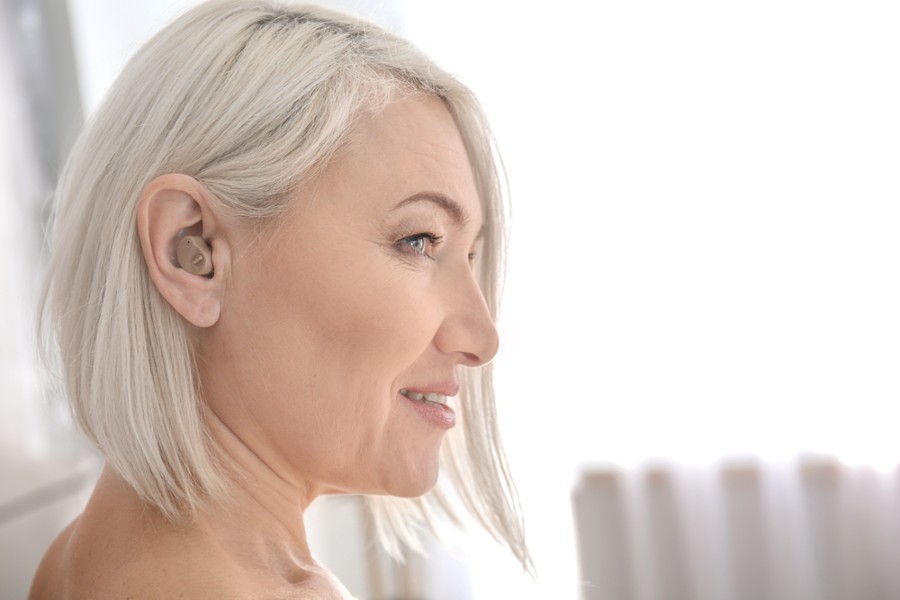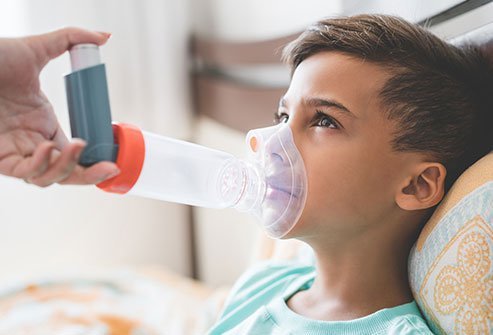Health
5 Easy Solutions to Combat Menopause Symptoms
The National Institute on Aging shows that the menopausal transition mostly starts between ages of 45 and 55. It's a state that can last between 7 and 14 years. During this transition, the body produces estrogen and progesterone (from the ovaries).
During the menopausal transition, women become more vulnerable to fracture due to the less dense bones. The body also begins to do things differently, especially in energy use; there will be changes in the fat cells, and women may easily add weight.
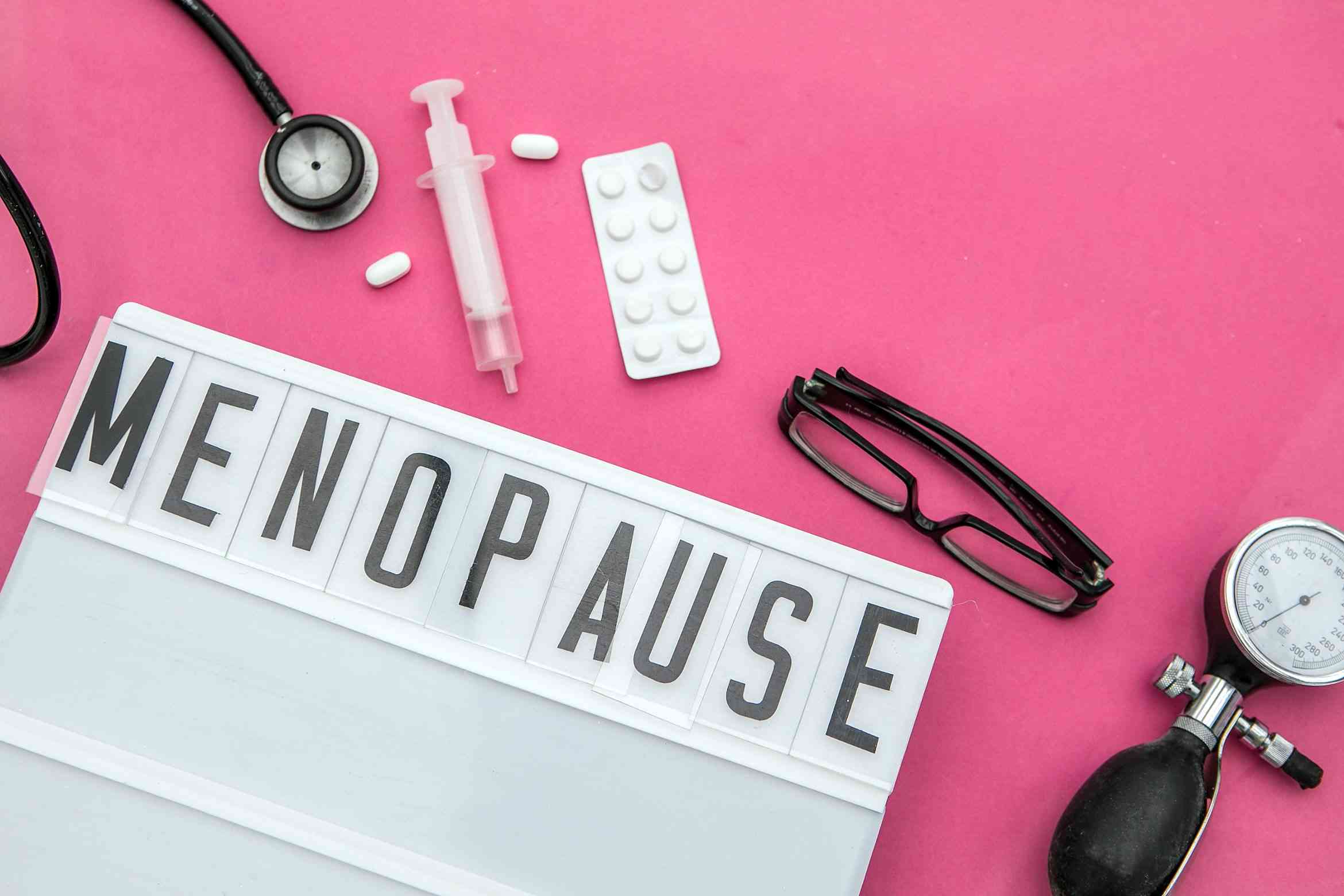
Menopause Symptoms
It is claimed that not less than two-thirds of women during their menopausal transition experience some of the following symptoms:
● Sleeping problems
● Sexual discomfort
● Hot flashes
● Night sweats
● Urinary Incontinence
● Mood swings
● Irritability
● Tiredness
They are also susceptible to several diseases, including
● Osteoporosis
● Obesity
● Heart disease
● Diabetes
Practical Solutions to Menopause Symptoms
We'll be discussing five common symptoms in this section and how you can effectively combat each of them.
1.Trouble Falling Asleep
To deal with sleeping problems, try to observe the following:
● Schedule your sleeping time and ensure you follow it. Have a consistent time for going to bed and waking up, even on weekends.
● Do something to relax your mind and body. You can pick a book and read, listen to your favorite music, or take a leisurely bath. You can also take peanuts and milk, which can help you to relax since they contain tryptophan. Well, a cup of chamomile may also be of help as well.
● Ensure you take care of everything that can disturb your sleep. Keep bathroom temperature, noise, and light at a comfortable level.
● Avoid alcohol and caffeine late in the night.
● Your bedroom should only be for sex and sleep.
2. Mood Changes
Some of the common menopausal symptoms in women include blue moods, irritability, fatigue, and anxiety. Some of the things that can significantly be of help include relaxation and stress-reduction techniques such as
● Deep-breathing exercises and massage
● A healthy lifestyle (daily exercise and good nutrition)
● Enjoyable and self-nurturing activities
Some women use over-the-counter products such as St. John's wort or vitamin B6 to treat their condition. Nonetheless, it is advisable to inform your doctor about your mood swing. Your doctor will significantly help identify the cause, assess for severe depression, and recommend proper intervention (such as medications or therapy).
3. Night Sweats
For night sweat, you can try different strategies to get relieved. These include:
● Use light nightclothes
● Layered bedding will be most appropriate for use. You can easily remove it at night
● Power on your electric fan to lower the room temperature
● Try to sip cool water throughout the night
● Put under your pillow and on your feet a frozen cold pack. Ensure your head rests on the cool surface always.
4. Urinary Incontinence
To improve incontinence without medication or surgery, do the following:
● Drinking adequate water to keep urine diluted
● Avoid foods or beverages with a high acid or caffeine content,
● Try Kegel exercises to reduce incontinence episodes and strengthen your pelvic floor muscles
5. Sexual Discomfort
To counteract sexual function changes characterized by the decrease in ovarian hormone production is important. The following will ease vaginal dryness and boost your sex experience:
● Vaginal lubricants such as Astroglide, Moist Again, and Silk-E.
● Vaginal moisturizers such as Replens and K-Y Long-lasting Vaginal Moisturizer
● Regular sexual stimulation
Conclusion
When a menopausal transition occurs, it can be an overwhelming experience when it comes to different symptoms. But with the proper treatment, the problem can efficiently be dealt with.
Remember, numerous individuals out there are in their menopause but still living active and healthy lives. Yours shouldn't be any different.

